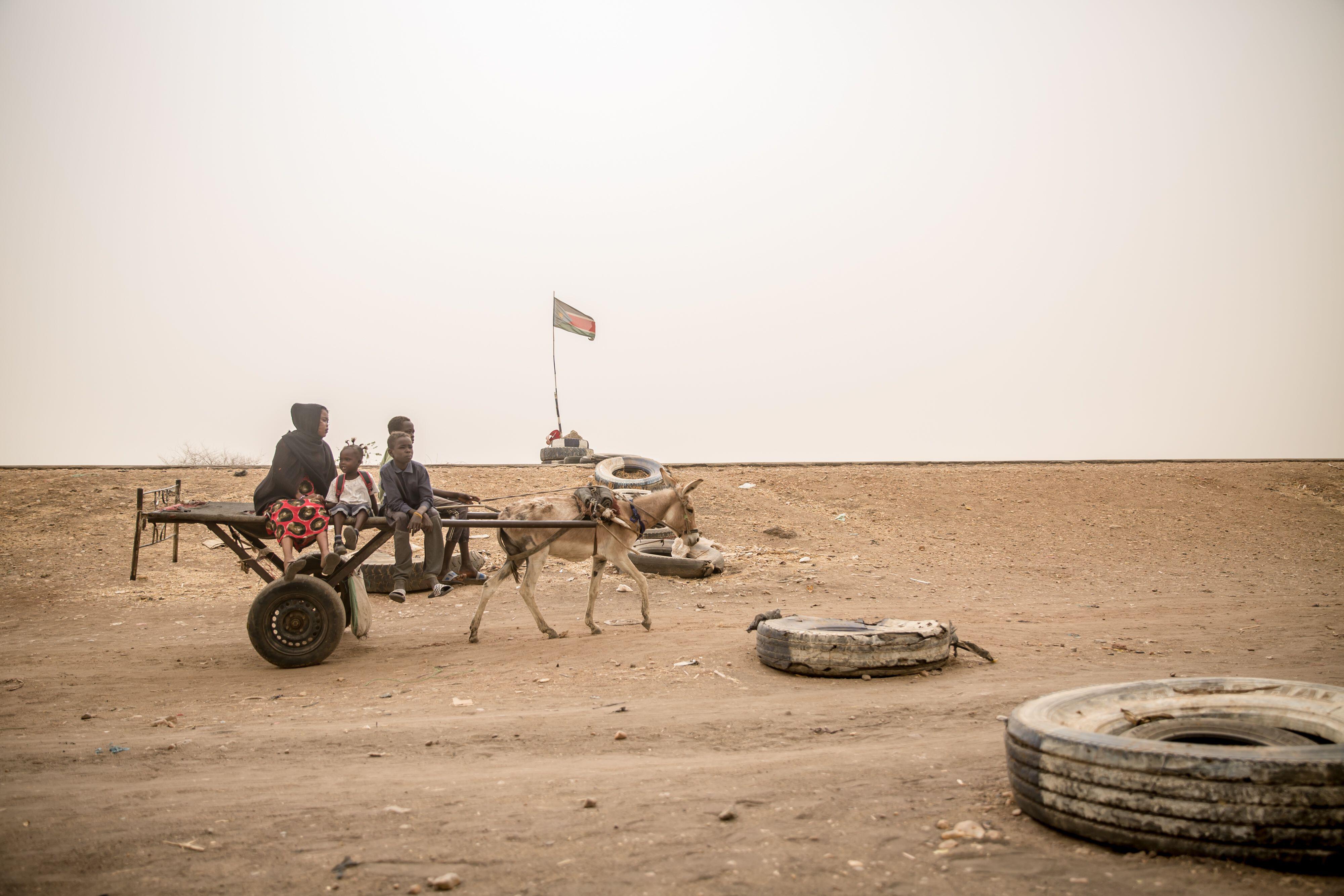Aid agencies warned of an “unprecedented” crisis in Sudan as it entered the second year of civil war.
Fighting between government troops and the Rapid Support Forces militia broke out on 15 April 2023 and has since displaced 8.5 million people and left 25 million in need of urgent assistance, according to figures from Cafod.
“Famine looms ominously, threatening to become the worst food crisis in living memory,” said the charity’s country representative for Sudan, Telley Sadia.
“The situation is dire – countless women and children, starving and traumatised, face unbearable circumstances,” he said. “The situation is so unbearable, faithful Muslims have been enquiring about teachings on suicide: they see no way out from this terrible conflict and its ensuing man-made famine.”
Cafod called on international governments to provide the US$2.7 billion it said was required to address the crisis, and expressed disappointment that a humanitarian conference in Paris on 15 April, organised by France, Germany and the European Union, failed to pledge the full amount.
“We stress the need to increase life-saving food aid and offer cash and vouchers in areas where markets are working,” said the charity’s head of region for Africa, Kayode Akintola.
“Alarmingly, while food is available in some local markets, many Sudanese cannot afford to purchase it, and humanitarian aid trucks face access constraints preventing them from reaching communities in need.”
In a briefing last week, aid organisations said that “famine-like conditions” during Sudan’s harvest season were already causing deaths and threatened worse to come.
“Since April last year, it has been everyday Sudanese who – often at great personal risk – stepped out to support each other and become a lifeline for millions of Sudanese,” said Eatizaz Yousif, the International Rescue Committee’s country director for Sudan.
“However, without sustainable, flexible and predictable funding this lifeline remains under constant threat.”
She specified the need for cash in Sudan’s markets, where food is often available but unaffordable, demanding an “adaptive and innovative approach to respond to this crisis”.
Fatima Ahmed, of the Sudanese charity Zenab for Women in Development, said that local initiatives needed support to respond effectively. “People need basic types of food – lentils, sorghum – which are available in the country,” she said. “We should focus on supporting and empowering local responders so they can scale-up what they’re doing.”
Aid to the Church in Need (ACN) has warned of threats to the Christian presence in Sudan, which made up five per cent of the population before the war but has been badly affected by the conflict, with many missionaries and religious forced to flee the country.
The head of the charity’s Sudan section, Kinga Schierstaedt, said that this means people are no longer able to seek refuge in churches, and threatens the operation of church-run hospitals and schools.
However, she reported that priests sheltering in South Sudan, “who are refugees themselves, are using their energy to catechise in their new parish and to support other refugees”.
“The Church in South Sudan is getting ready for the future by helping the Sudanese Christians to prepare for tomorrow’s peace,” she said.



 Loading ...
Loading ...